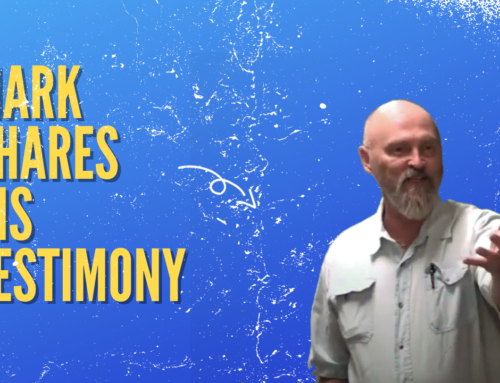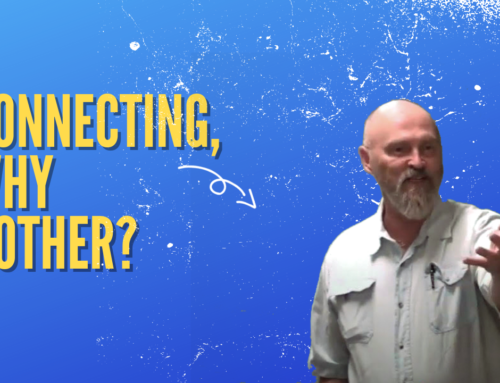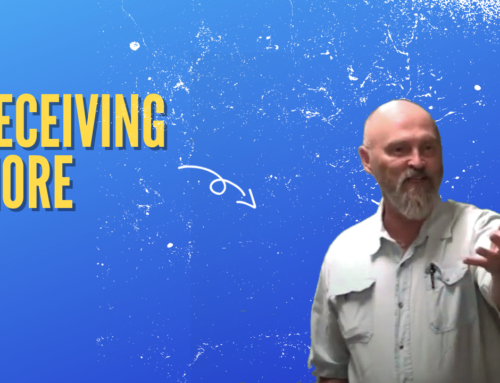Let’s be honest, most of us aren’t.We all like to think of ourselves as basically honest people. We believe this because most of the time we don’t leave the house in the morning intending to lie our way through the day. Strangely, neither do we leave the house consciously intending to tell whole truth and nothing but the truth. We usually leave the house intending to accomplish our tasks for the day with as little disruption to our agenda and personal peace as possible. We are practical about the truth. If it serves our greater goals we go with it, if not, we speak in half truths, hints and innuendoes.
Let’s get the skeleton out of the closet. We all have a tough time with honesty. “Does this dress make me look fat?” “Well honey… to tell you the truth… you always look fat”. We all know this isn’t going to further the relationship. So, we compromise the truth for the sake of peace. Admit it, we all do it. I am not suggesting that we should always tell the truth no matter how cruel it is. What I am suggesting is that honesty is risky business.
I know what you are thinking right now; “This guy is so cynical about human nature! I am not like that! I always try to tell the truth!”
Really? How hard do you try?
I have been in the truth telling business [pastor and teacher] for most of my adult life. At this point I have pastored, taught and counseled thousands of people. Most of them consider themselves to be basically very honest people, myself included. But, at the risk of uncomfortable honesty, I have found that we are not always honest, at least not when it is inconvenient.
The Webster dictionary defines inconvenient as follows: “not suited to one’s comfort or ease”. And this is exactly what I have found in my personal and corporate experience – truth suffers when it is inconvenient. Not that we always lie, just that we speak only as much truth as will not threaten our comfort or ease. Half truths or lying is just plain easier, in the moment, than dealing with the consequences of telling the truth.
Imagine the conversation that must ensue to regain peace after he tells her that the dress does indeed make her look fat. Now her feelings are hurt, she feels insecure in the relationship, and she begins to doubt his love. She tells him he really doesn’t love her! He feels like a heel. “Why did I say that to her? What is wrong with me?” Or, one the other hand, he is offended by her reaction because, after all, he simply answered her question honestly.
Next is a looooong conversation that he is ill-equipped to navigate. He must guess how he has hurt her. He must LISTEN. Worst of all he must empathize with her feelings. This is beyond inconvenient because, to the best of his knowledge, he does not have feelings, except during football games. He has a kindergarten level emotional vocabulary so he does not know what he is listening to or what he is supposed to empathize with. It may take days of frigid temperatures in the house until things return to “normal”. Normal being; don’t say anything to rock the boat. In human relationships truth is risky business.
I don’t know about you, but I believe that when she asked him about the dress she was not asking for the truth. She was probably asking for his reassurance that, despite her few extra pounds, he still loved her. The answer she wants is something like this; “not to me! I love you just the way you are! You always look good to me!”
Much of the time we really don’t want to hear the truth about ourselves. It raises issues of self worth and our worth to others. It risks our sense of belonging. Our mouths say, “Please tell me the truth” but our eyes say, “But not if it will hurt”. What we are afraid of is truth without love. The Bible tells us that we are to speak the truth in love. God is suggesting that these two should never be separated in any human interaction. One great bible teacher summed it up neatly. He said, “Truth without love is too hard and love without truth is too soft”.
So now we have another factor to consider. Truth telling is not difficult simply because it is inconvenient. Inconvenience is really an issue of our own selfishness and self interest. Truth telling is much more than this, it is also an issue of what is best for the person receiving the truth. This makes the whole process much more complicated. Now the matter becomes not just what I should speak but when and how I say what I believe is true.
What a headache! Maybe it is best just to keep things happy and shallow. Maybe superficial relationships are the best ones. And so it goes…
An excerpt from Mark’s next book, “Honest to God, Up Close and Personal”.









I suspect we are schooled in not telling the truth. I read a comment recently that being taught not to discuss religion and politics has resulted in a generation of people unable to respectfully discuss difficult topics. We must learn to speak the truth in love. And this involves trial and error. So, if that is going to happen, we must live in relationships that are committed to the hard process of that learning, complete with hurting other peoples feelings, being honest when that happens, being able to listen without getting defensive when someone tells us we hurt them, being able to sincerely apologize, being able to grow in our self love enough that every accidental slight isn’t a disaster, and getting better at the art of truth telling.
It is hard for me to comment on your comment because I think you have done such a good job of describing the nature of our cultural aversion to truth telling, together with the solution, that there is little else to say. I might add that we now live in a culture of offense in which we are being trained to look for any statement or action that can be taken as an offense. We even call them “micro offenses” or “micro aggressions”. What an interesting concept… an offense so small that I have to go looking for it with a microscope. We used to say, “Wow that guy was rude”. Now we say, “That guy is a racist, … insert your favorite pejorative here”. Cultivating an offended attitude is, of course, lethal to any kind of quality relationship. Thanks for your input!